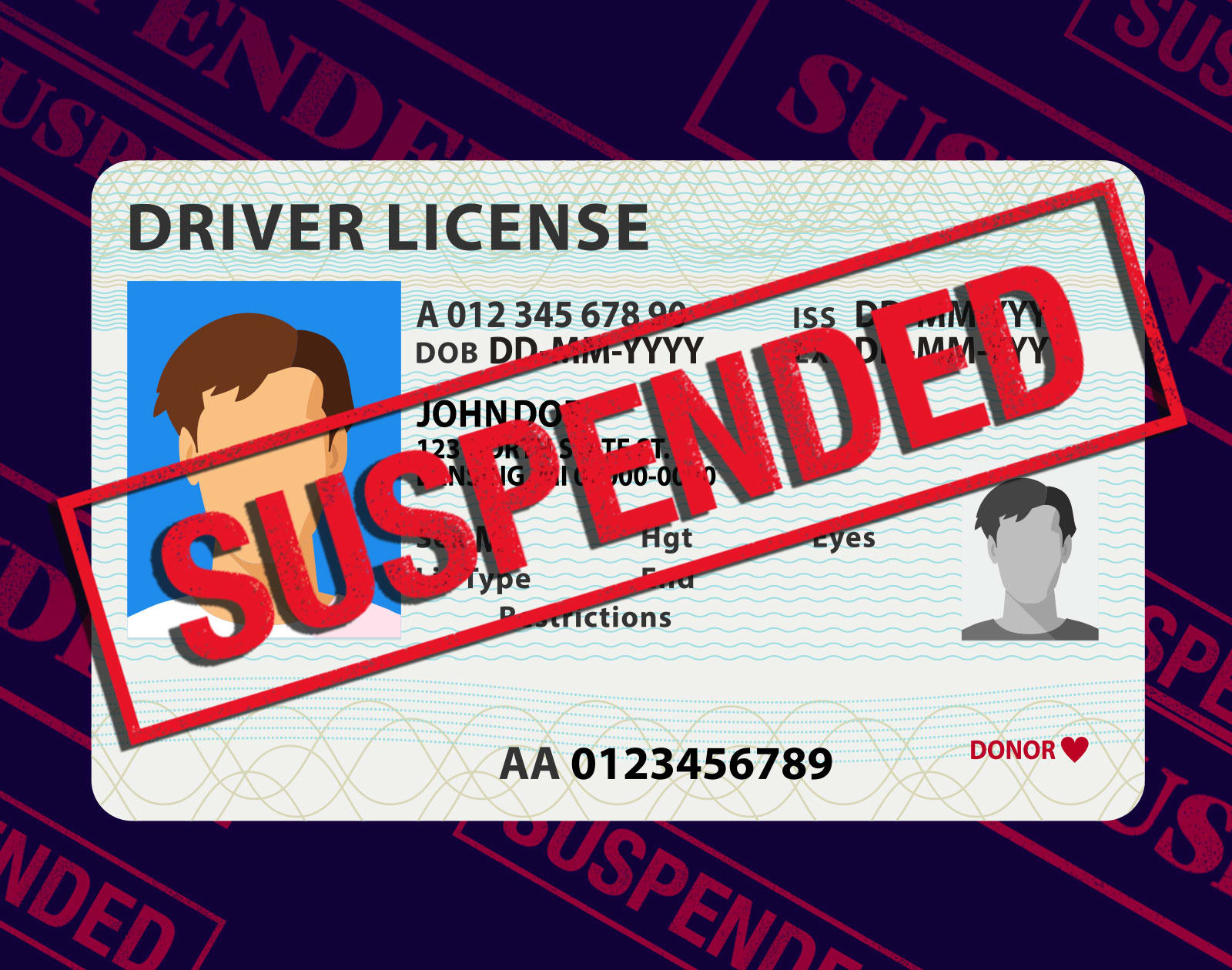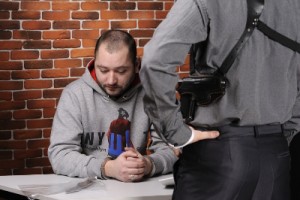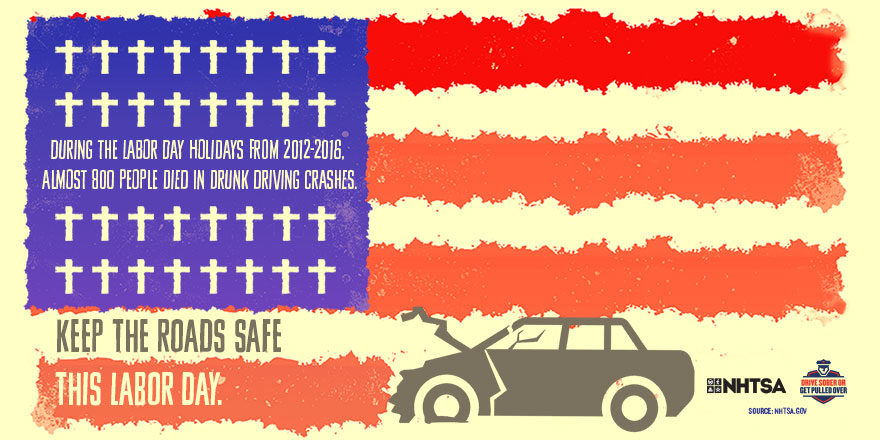Good news! Suspended drivers can earn a fresh start, and taxpayers save money in the bargain.
A diversion program offered to people caught driving with a suspended license is saving taxpayers thousands of dollars and helping people earn back their driver’s licenses, according to officials with the Snohomish County Prosecuting Attorney’s Office.
It works like this: eligible defendants are sent a letter advising them that they have three months to get their driver’s license reinstated by the state Department of Licensing. If they do, the prosecutor’s office agrees not to file the misdemeanor charge.
The program is saving the costs associated with prosecuting the cases. It also generates revenue. According to the article, people are paying thousands of dollars in fines to get their licenses back. Indeed, one man paid more than $10,000 in back child support to get his driver’s license reinstated.
My Opinion? It’s about time. Driving While License Suspended (DWLS) charges are a patent WASTE OF TIME to charge. Yes, DWLS charges are a crime. Yes, defendants risk serving jail time if their criminal history substantiates it. But c’mon . . . do we really want to incarcerate people for this?
In my experience, the only reasons why people’s licenses get suspended is because they failed to pay traffic tickets, owe child support, were caught driving without insurance or haven’t paid costs associated with a traffic accident. Also, it costs us taxpayers approximately $70 a day to house inmates in county jail. That cost goes up exponentially when the prosecutor’s office gets involved. Again, WASTE OF TIME and WASTE OF MONEY.
Congrats to Snohomish County. Perhaps other counties will follow suit.
Please contact my office if you, a friend or family member are charged with a crime. Hiring an effective and competent defense attorney is the first and best step toward justice.















